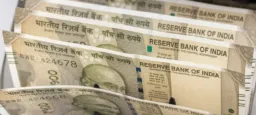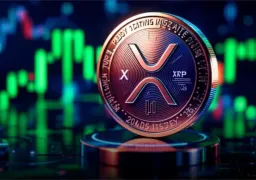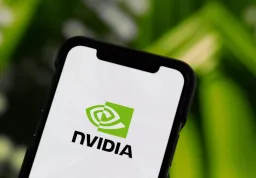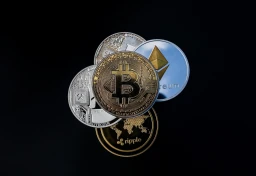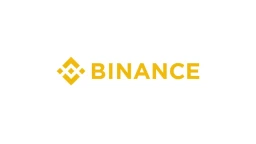How to trade Bitcoin in India
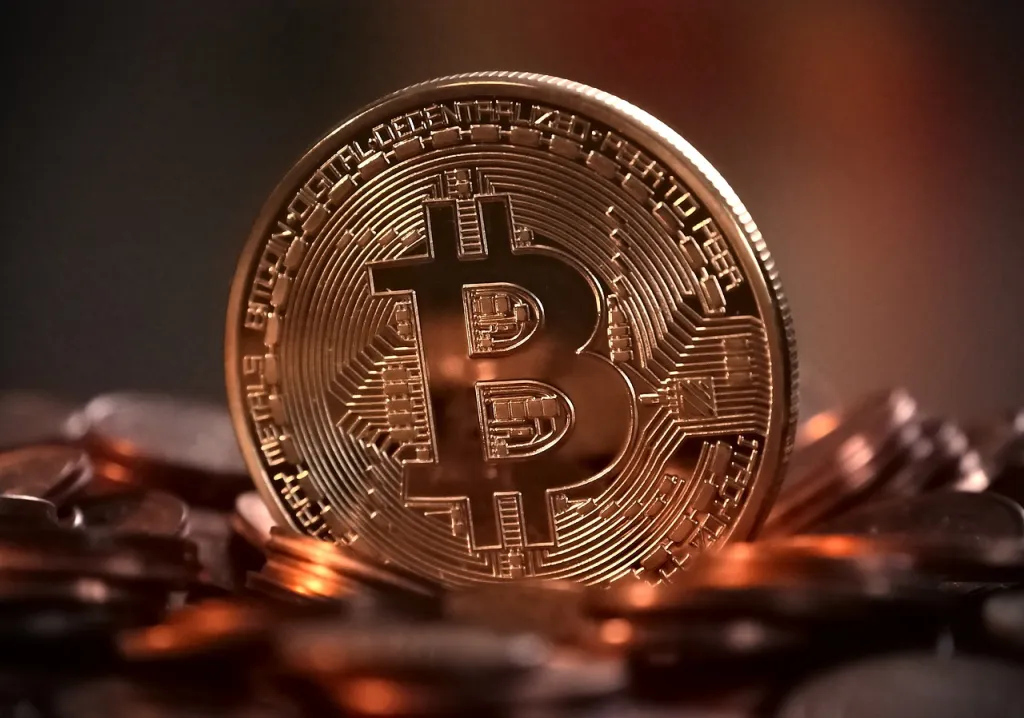
Bitcoin has gained popularity as an investment in recent years, because of its unique design and underlying technology. In this blog post let’s know more about Bitcoin and How to trade it.
What is Bitcoin?
Launched in January 2009 with the first genesis block mined on 9th January 2009, Bitcoin is a cryptocurrency. It is a cryptographic-based decentralized digital currency. As such, it can function without the need for a central authority such as a central bank or a corporation. It differs from government-issued or fiat currencies such as the US dollar or the euro, which are controlled by the country’s central bank.
Because of its decentralized nature, it can operate on a peer-to-peer network, allowing users to send funds to one another without the use of intermediaries. As stated in a whitepaper, the creator is an unknown individual or group going by the name Satoshi Nakamoto with the idea of an electronic peer-to-peer cash system. Satoshi Nakamoto’s true identity has yet to be established.
Features of Bitcoin
Many of the features that helped establish bitcoin as a pioneering form of cryptocurrency became the foundation for the thousands of different cryptocurrencies that have since launched are
- Decentralized: Bitcoin, unlike fiat currencies such as the dollar, is not issued or regulated by a central authority such as a government or central bank. Instead, it is based on a distributed network of nodes, or computers, that validate transactions through peer-to-peer review or consensus. This process of network-based checks and balances helps to maintain and secure bitcoin’s basic protocol.
- Digitalized: Bitcoin, like most forms of cryptocurrency, is a digital-only currency. It is exchanged digitally and stored in digital wallets.
- Based on Blockchain technology: Blockchain technology is critical to the operation of bitcoin and most cryptocurrencies, and you can’t invest in bitcoin unless you understand how the two interact. Blockchain is a public ledger that allows blocks of transactions to be confirmed using cryptography and peer-to-peer verification. All transactions, including investment transactions, are permanently recorded on the blockchain. Miners who validate transactions are rewarded with additional bitcoin. In the case of other types of cryptocurrency, blockchain technology may also enable other innovations such as smart contracts, dApps, and more.
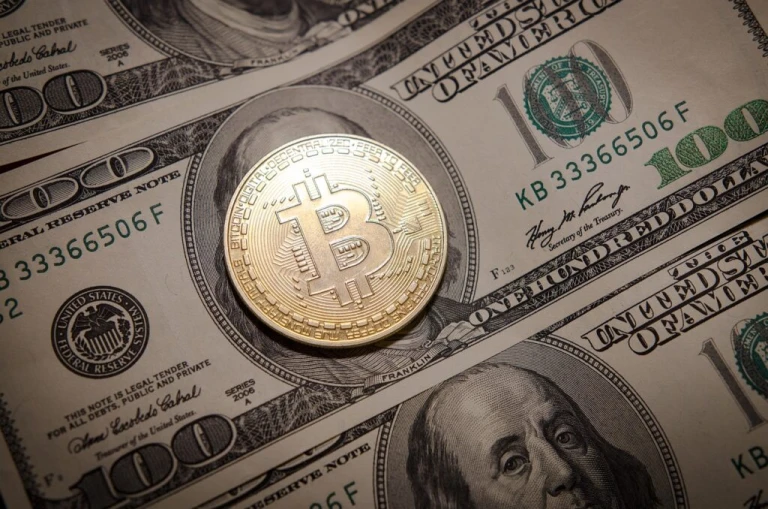 How to trade Bitcoin in India
How to trade Bitcoin in IndiaWhy do Bitcoins have value?
Bitcoins have value because they can be used as money. Bitcoin has money-like characteristics (durability, portability, fungibility, scarcity, divisibility, and recognizability) based on mathematical properties rather than physical properties (such as gold and silver) or trust in central authorities (like fiat currencies). In short, Bitcoin is mathematically supported. With these characteristics, all that is needed for a form of money to be valuable is trust and adoption. In the case of Bitcoin, this can be seen in the increasing number of users, merchants, and startups. As with any currency, the value of bitcoin is determined solely by the number of people willing to accept it as payment.
What is a Crypto Wallet?
Crypto wallets keep your private keys safe and accessible, allowing you to send and receive cryptocurrencies such as Bitcoin and Ethereum. Crypto wallets, unlike traditional wallets, do not store actual cash. Your assets are stored on the blockchain but can only be accessed with a private key. Your keys validate your ownership of your digital currency and allow you to conduct transactions. You lose access to your money if you lose your private keys. They come in a variety of forms, ranging from hardware wallets like Ledger (which resembles a USB stick) to mobile apps, Paper wallets to online wallets.
How to trade Bitcoin?
Here’s a step-by-step guide:
- Set up a Crypto wallet.
- Understand Public and Private Keys: So, in order to buy, sell, send, or receive bitcoin, you must have a public key (basically the digital address of your wallet). However, you will also require a private key, which will grant you access to your bitcoin. You cannot access your bitcoin if you lose, misplace, or forget that private key. Your bitcoin can be stolen if the private key falls into the wrong hands.
- Decide Where to Trade: You need to buy and sell bitcoin on a crypto-based trading platform like an online exchange or app, or by using a traditional brokerage that offers crypto trading. Make sure to do your research and choose a reputable exchange.
- Personal Identification: To open an account with an exchange or brokerage, you must provide your social security number and bank account information. If the platform follows standard KYC (Know Your Customer) guidelines, you will be required to provide a government-issued picture ID.
- Fund your account: You can fund your trading account with a bank account, a debit card, a credit card, a wire transfer, or other forms of cryptocurrency. It depends on where you intend to trade and what currencies the platform accepts for trading.
Popular Bitcoin Trading platforms
- WazirX
- CoinSwitch
- Kuber
- Unocoin
- ZebPay
- CoinDCX
Is Bitcoin safe to invest in?
You shouldn’t invest in any asset, including BTC without doing plenty of research first. Before you buy Bitcoin, make sure you understand these risks:
- Price volatility: Bitcoin’s price is largely based on speculation, which means it can rapidly rise or fall. BTC frequently loses more than 10% of its value in a single day.
- Perceived value: BTC is a unique asset that does not have any tangible value. It derives most of its value from utility and speculation.
- Scams, hacks and theft.
- Government Regulation: Governments are still adjusting to cryptocurrencies, with considerations for new regulations and supervision mechanisms.
- Wallet vulnerabilities: Although the Bitcoin network is nearly impossible to hack, the software used to manage your funds, known as wallets, remains vulnerable. Before deciding which BTC wallet to use, thoroughly research a number of them.
- Transactions can’t be reversed: Once a transaction has been submitted to the Bitcoin network, it cannot be cancelled or reversed. Before sending a Bitcoin payment or withdrawing from an exchange, double-check the receiving address. There is no way to get BTC back that was sent to the wrong address.
- Energy consumption: Bitcoin is based on proof-of-work mining, which uses a lot of energy. As the world transitions to a greener economy, this could put it in the crosshairs of governments.
Follow us on Instagram

